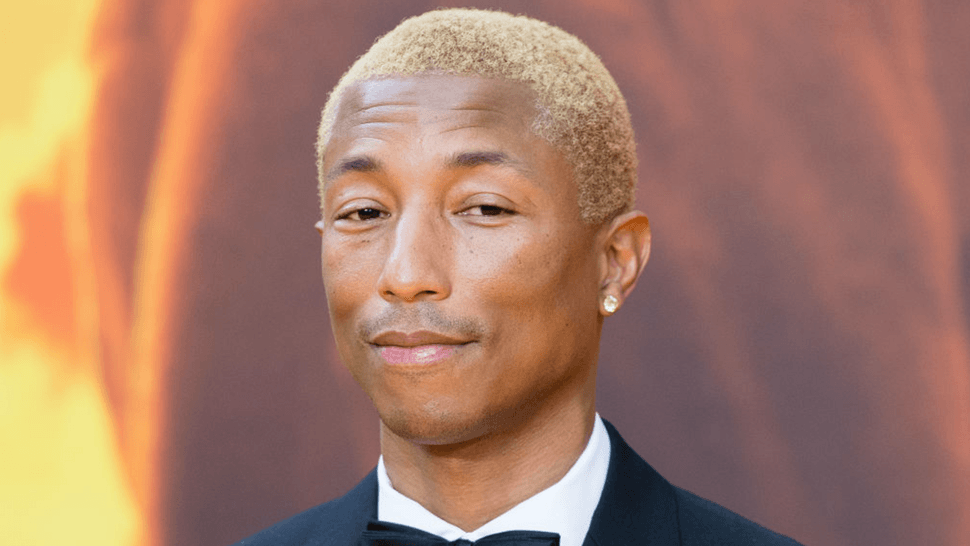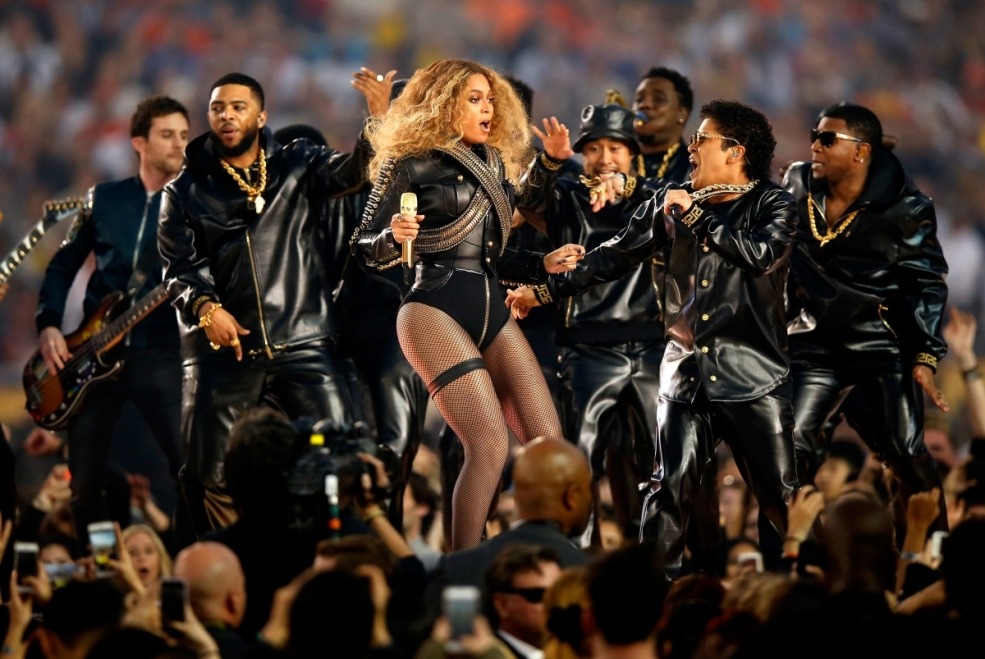The long-time producer has spoken up about his feature on the 2013 hit ‘Blurred Lines’, highlighting its problematic tendencies. Should we let artists become retrospectively remorseful about their own work?
If you left your house at any point at all in 2013 you’ll be familiar with Blurred Lines, Robin Thicke’s chart-topping hit that’s been the centre of turbulent headlines ever since its release for featuring misogynistic lyrics and breaching copyright laws.
The track included T.I and Pharrell Williams as vocalists, who both appear in the uncensored music video that’s somehow still available to watch on YouTube despite featuring naked women, men in suits, and dodgy lyrics that question sexual consent. Pharrell has never addressed any of its problematic associations until now – stating that he’s ‘embarrassed’ and would ‘never write a track like that anymore’.
Pharrell isn’t the first creator to either distance themselves from or alter work associated with them years on from its original release. JK Rowling has retrospectively added progressive values to Harry Potter’s lore, while Quentin Tarantino expressed regret at not speaking out on Harvey Weinstein’s sexual misconduct – but only when it became public.
Should we celebrate post-wokeness in artists that have already made a killing from their work, or be more critical of when and how creators speak out? It’s worth keeping in mind that Pharrell has waited a long time to mention any kind of regret, only speaking out when the revenue from ‘Blurred Lines’ has thoroughly dried up. Should we be asking for these kind of moral epiphanies far sooner?


What has Pharrell said about ‘Blurred Lines’?
Speaking in an interview for GQ, Pharrell reflects on his place in the industry and how he’s realigned his own values following the #MeToo aftermath, a frequent necessity for older artists who made their name in the nineties and noughties.
‘Some of my old songs I would never write or sing today’, he says. ‘I was born in an era that allowed a lot of things that wouldn’t fly today’. That’s a fair comment given the list of celebrities who’ve been convicted or accused of sexual assault, misconduct, or inappropriate behaviour this decade.
Pharrell clearly sees himself as part of the problem, or at least he was on some of his previous songs. ‘Blurred Lines really opened me up’, he explains. ‘We live in a chauvinist culture, hadn’t realised that. Didn’t realise that some of my songs catered to that’. The backlash surrounding the song triggered a moment of personal growth, forcing Pharrell to take a look at what his music stands for and alter his attitudes toward future projects.
Artists speaking up and pushing progressive social causes should be championed; Beyoncé has donated $1.5 million to Black Lives Matter and publicly supported a variety of movements, dedicating her Super Bowl Performance to the Black Panthers. Halsey also frequently makes speeches at rallies, most recently performing a spoken-word piece at the 2018 Women’s March in New York City. Efforts like these should absolutely be celebrated.























